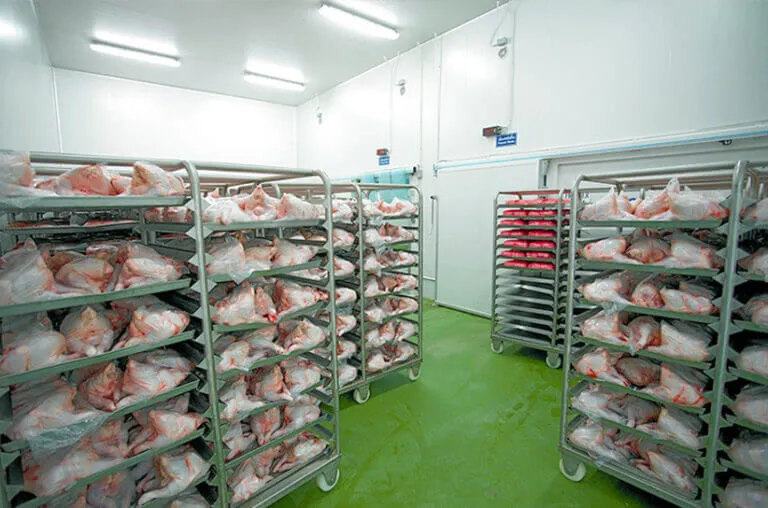Understanding the Importance of Cold Storage Rooms in China’s Food Supply Chain
The Importance of Cold Storage Rooms in China
In recent years, China's rapid economic growth and urbanization have significantly increased the demand for efficient food storage and preservation solutions. Cold storage rooms have emerged as a vital component in the country's logistic and supply chain operations, ensuring that perishable goods remain fresh and safe for consumption. This article explores the significance of cold storage rooms in China, their technology, operational efficiency, and their role in food safety and sustainability.
The Rising Demand for Cold Storage Solutions
China is one of the largest producers and consumers of food worldwide. However, the food supply chain faces challenges, including seasonal fluctuations, spoilage, and food safety issues. The Global Cold Chain Alliance estimates that around 30% of food products are lost during distribution due to inadequate refrigeration systems. To combat this wastage, the establishment of cold storage facilities is essential.
Cold storage rooms play a pivotal role in the supply chain by providing a controlled environment that minimizes temperature fluctuations, humidity, and other factors that may contribute to spoilage. As urban centers continue to grow, the need for efficient storage and quick transportation of fresh produce, meats, and dairy products has become increasingly important. Cold storage enables businesses to maintain high-quality inventory levels, ultimately translating into better customer satisfaction and reduced waste.
Technological Innovations in Cold Storage
The cold storage industry in China has embraced advanced technologies to bolster its efficiency and sustainability. One notable innovation is the integration of automated systems, such as Automated Storage and Retrieval Systems (AS/RS), which optimize inventory management by reducing human error and maximizing space. Additionally, IoT (Internet of Things) sensors are being employed to monitor temperature, humidity, and other conditions in real-time, allowing for swift responses to any potential issues.
Furthermore, the industry has seen the adoption of energy-efficient refrigeration systems, which are essential in reducing operational costs and environmental impact. These systems utilize natural refrigerants and advanced insulation materials, helping to lower greenhouse gas emissions associated with traditional refrigeration methods. As such, the cold storage sector in China is moving towards a greener future while meeting the demands of a growing population.
china cold storage room

Role in Food Safety
Food safety is of paramount importance to consumers and regulatory bodies alike. Cold storage rooms are indispensable in preventing foodborne illnesses by slowing down the growth of bacteria and pathogens that thrive at higher temperatures. In recent years, China has implemented stricter food safety regulations, further emphasizing the need for reliable cold storage facilities. Compliance with these regulations not only ensures consumer safety but also enhances the reputation of businesses in the food industry.
Moreover, the COVID-19 pandemic highlighted the vulnerabilities in global supply chains, necessitating the reevaluation of food distribution methods. Cold storage rooms have provided a buffer in supply chain disruptions, ensuring that essential food products remain available in times of crisis.
Supporting Sustainability and Local Economies
The investment in cold storage facilities can have a profound impact on local economies. By reducing food spoilage, businesses can operate more efficiently, which helps to stabilize food prices and increase access to fresh produce. This, in turn, supports local farmers and producers who rely on timely distribution of their products. Cold storage extends the shelf life of agricultural products, allowing regions to diversify their economies and reduce reliance on single crops.
On a broader scale, the commitment to reducing food waste aligns with China's goal of sustainable development. The government's focus on innovation and efficiency in the cold chain sector promotes not only food security but also responsible consumption and production practices.
Conclusion
As China continues to grow and evolve, the importance of cold storage rooms cannot be overstated. They serve as a crucial infrastructure that supports food safety, enhances operational efficiency, and contributes to sustainability efforts. With ongoing technological advancements and increasing investments, cold storage facilities will play an even more essential role in ensuring that the country's food supply meets the demands of its population while minimizing waste and promoting safe consumption practices.
















































































































